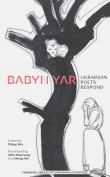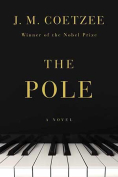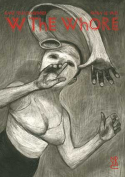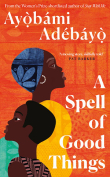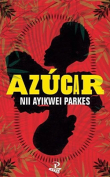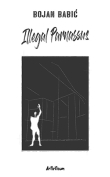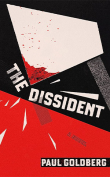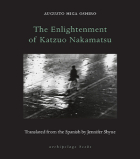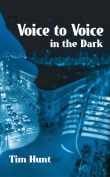La voix du terroriste by Claude Kayat
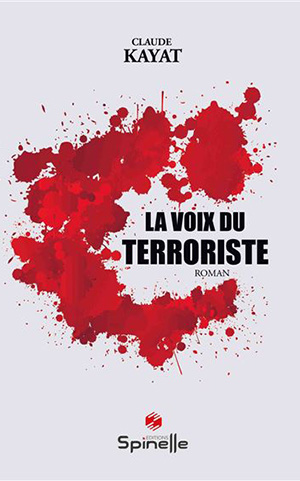 Paris. Spinelle. 2023. 146 pages.
Paris. Spinelle. 2023. 146 pages.
With his unique style, imbued with seriousness and humor, the French-Swedish writer Claude Kayat’s most recent novel, La voix du terroriste, deals with the question of the radicalization of religious and political imaginaries. The novel reads like a play with a succession of unexpected events, coincidences, and intense dialogues. It opens with a terrorist scene of hostage-taking in a synagogue during the Yom Kippur service where Ludovic Lévy is miraculously spared by one of the hooded assailants. His brother Laurent, with whom he had been at odds over the story of a shared love for the same girl, is killed during the hostage situation.
Thanks to the technique of zero focalization, each chapter follows the protagonists of the story: the terrorists and the victims. The author takes the reader to the North African districts of Paris and Stockholm to investigate the characters’ backgrounds. Another massacre took place at the Lévy jewelry store where Ludovic’s mother, among others, lost her life. In fact, the terrorists wanted to erase all links that would have enabled the police to trace them. However, the play becomes very funny when the reader discovers the imbroglios and sometimes the misunderstandings that reinforce the cycle of murders and the curse that inhabits all the characters.
The intertwined little stories, the feelings of revenge, and the discrepancies with religious faiths finally reveal the absurdity of terrorist acts that kill innocent people. The innocent people have a face; they could be neighbors or close friends. This perfectly illustrates the conceptions of the philosopher Emmanuel Levinas, who posits that face-to-face relationships commit people ethically.
Since the publication of Mohammed Cohen in 1981, Claude Kayat has always questioned the Israeli-Palestinian conflict through fiction. It is paradoxically with a tender look that the writer dissects his characters by showing their emotional deficiencies due to complicated family histories. Finally, the choice of Yom Kippur is certainly the ideal time frame to evoke the repentance as well as the transgressions of these characters.
Christophe Premat
Stockholm University



